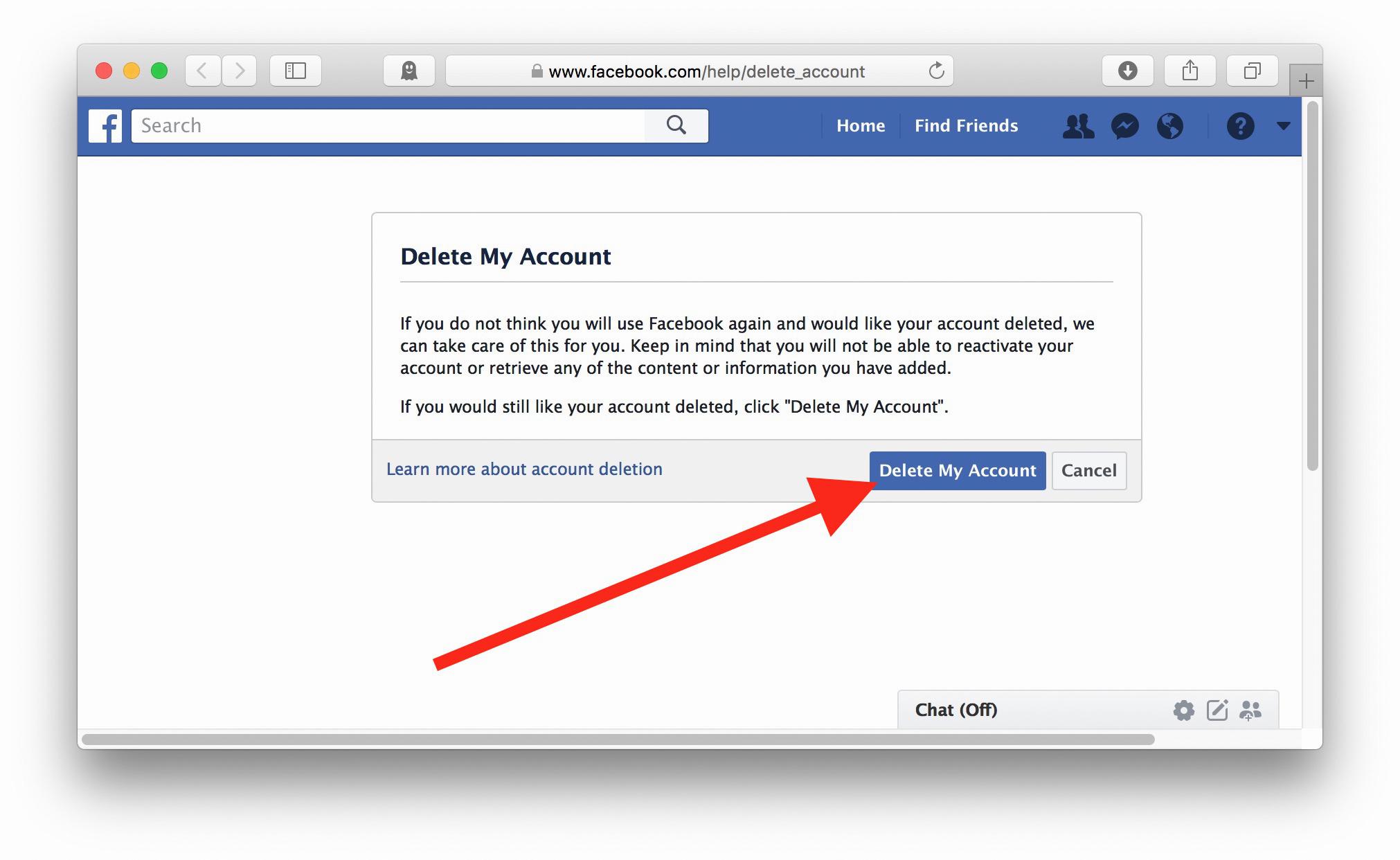Are you considering deleting your Facebook account? If so, you’re not alone. A recent study found that nearly half of all Americans have deleted the app from their phones in the past year. While there are many reasons people might choose to delete their accounts, there are also some very real risks involved in doig so. In this article, we’ll explore both the pros and cons of deleting your Facebook account so that you can make an informed decision.

The Pros:
1. You’ll Be More Productive
If you find yourself spending too much time on Facebook, deleting your account can be a great way to increase your productivity. Without the constant distraction of newsfeed scrolling, you’ll be able to focus more on work, school, or whatever else it is you’re supposed to be doing.
2. You’ll Be Less Stressed
A study published in the journal Computers in Human Behavior found that Facebook use is assciated with increased stress levels. So if you’re looking to reduce your stress, deleting your account could be a good solution.
3. You’ll Be More Informed
One of the biggest complaints about Facebook is the spread of fake news. If you’re tired of seeing false inforation being shared, deleting your account can be a way to fight back. By removing yourself from the platform, you’ll be less likely to see and share inaccurate information.
The Cons:
1. You’ll Lose Connections With Friends and Family
One of the main reasons people choose to stay on Facebook is because it’s a great way to stay connected with friends and family. If you delete your account, you run the risk of losing touch with important relationships in your life. So before taking this step, be sure to weigh the pros and cons carefully.
2. You’ll Miss Out on Important Events
Another downside of deleting your Facebook account is that you may miss out on important events in the lives of your friends and family. If you’re not careful, you cold delete your account just before a big birthday or wedding, for example, and then find yourself feeling left out and excluded.
How Do I Permanently Delete My Facebook Account?
To delete your Facebook account:
1. Click on the three dots in the top right corner of your Facebook page.
2. Click on ‘Settings’.
3. Click on ‘General’ in the left column.
4. Scroll down to the bottom of the page and click on ‘Delete My Account’.
5. Enter your password and click on ‘Delete My Account’.
Your account will be permanently deleted and cannot be recovered.
When You Delete Your Facebook Account Is It Really Deleted?
When you delete your Facebook account, it is permanently deleted from the site. All of your user-generated content is erased, as well as your profile information and log data. However, there may be small exceptions depending on the type of deletion you perform. For example, if you delete your account using the “delete my account” function on Facebook, all of your data will be completely erased. If you choose to deactivate your account instead, some of your data (such as messages) may still be accessible to other users.
How Long Does It Take To Completely Delete Facebook?
The whole deletion process takes 90 days. That means that Facebook gves you 30 days to cancel the deletion request. If you don’t cancel the request, it takes 60 more days for Facebook to clean up your data.
How Can I Delete My Facebook Account Without Waiting 14 Days?
To delete your Facebook account without waiting 14 days, you will need to go through the account deletion process. This process includes prviding your password and answering a number of questions about your account. If you do not want to answer any of the questions, you can choose to have your account deleted manually.
How To Delete Your Facebook Account (2022)
Conclusion
Deleting your Facebook account can be a great way to increase productivity, reduce stress levels, and avoid fake news. However, before deleting your account, you should weigh the pros and cons carefully. If you decide to delete your Facebook account, be sure to follow the instructions carefully. Your account will be permanently deleted and cannot be recovered. However, there may be some exceptions, so it’s important to understand all of your options before taking this step.








